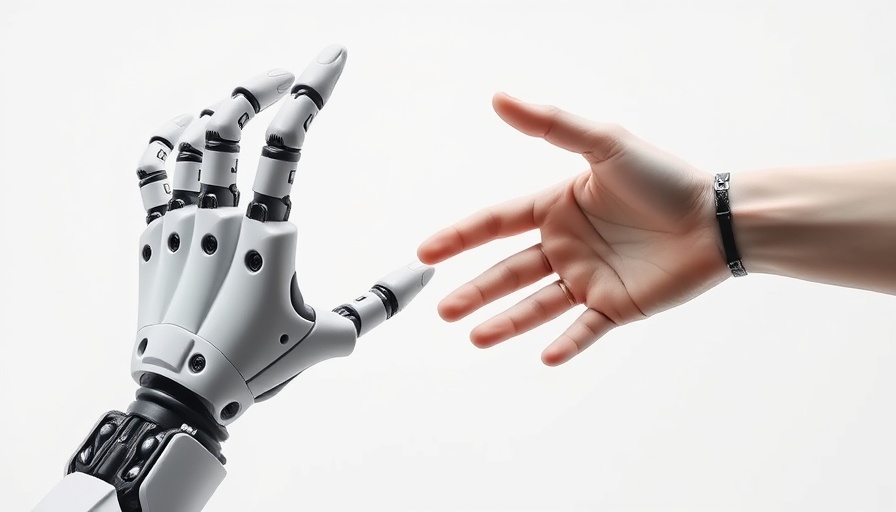
AI and the Legal Profession: A Double-Edged Sword
In recent legal proceedings, a Western Australian lawyer faced consequences for using artificial intelligence (AI) to prepare court documents, which led to a shocking discovery: four citations of cases that didn't actually exist. As this incident highlights, relying on AI tools like Anthropic's Claude or Microsoft Copilot without proper verification can result in serious errors. Although technology can streamline legal processes, it also presents risks that need to be addressed.
The Growing Role of AI in Law: Potential and Pitfalls
Across Australia, there have been over 20 instances where misuse of AI in legal contexts has led to fabricated citations or facts. Justice Arran Gerrard, overseeing this recent case, emphasized the importance of verifying AI-generated information. This incident isn't just an isolated mistake; it underscores a growing concern in the legal community about the trustworthiness of AI, especially when practitioners become overly reliant on it without critical verification.
Understanding AI and Its Applications
What exactly is AI? In simple terms, it refers to software that can perform tasks typically requiring human intelligence, like problem-solving, pattern recognition, or even generating legal arguments. However, as seen in this case, AI is still a developing field with limitations. For those interested in understanding more about AI, including its basics and implications in fields like law, a deeper dive into beginner's guides on AI can help clarify its potential and pitfalls.
Learning from Mistakes: Steps Forward for Legal Professionals
So what can legal professionals and AI users take away from this cautionary tale? For starters, adopting strong verification practices for AI-generated content is essential. Understanding the tools available is equally crucial, as practitioners should balance the advantages of efficiency with the necessity of accuracy. Monitoring the evolving landscape of technology and law will also help professionals navigate this tricky terrain.
The Ethical Implications of Relying on AI
This incident raises ethical questions regarding the use of AI in fields with high stakes like law, where misinformation can have profound impacts. Judges and lawyers must consider their responsibilities and the ethical implications of placing too much trust in AI systems that may not be entirely reliable. Engaging with ongoing discussions about AI ethics is vital for shaping a future where technology assists rather than endangers the integrity of crucial sectors.
As AI continues to evolve, professionals should cultivate a mindset of critical analysis and improvement to ensure that technology complements their practice rather than compromising it.
 Add Row
Add Row  Add
Add 




Write A Comment